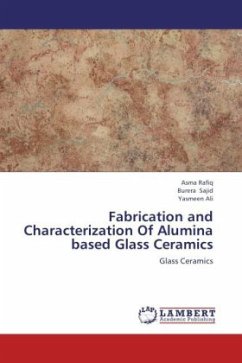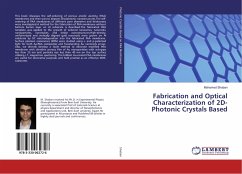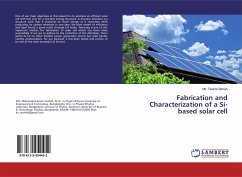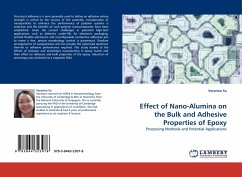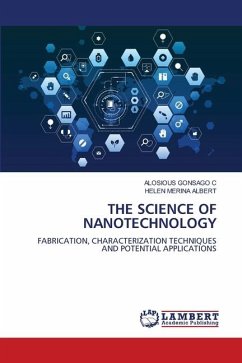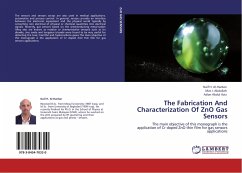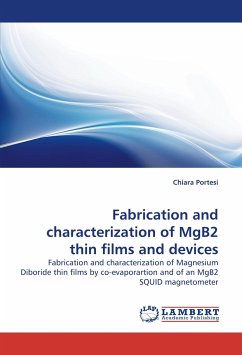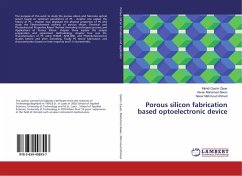Glass-ceramics can be described as polycrystalline materials that are formed by the controlled crystallization of glass. Glass-ceramic is a material that is produced in a same way as that of glass using typical, often highly automated, glass-forming techniques, and consequently it is done if suitable heat treatment is to be used and this heat treatment is caused to crystallize in a controlled fashion. The product which is obtained comprises of compact ceramic body, having a contour which is not obtained easily by normal techniques of ceramic processing. The overall composition of glass is significant for glass formation, workability, and control of nucleation. Every ceramic composition cannot be formed as a glass because of the requirements of various glass-forming processes that the molten glass be stable against crystallization during the forming steps. The most outstanding example is alumina (Al2O3), which cannot be formed from the melt even under conditions of extremely rapidquenching as a glass. By powder processing methods, glass-ceramics can also be formed. This procedure extends a series of possible glass ceramic configurations to some extent.
Bitte wählen Sie Ihr Anliegen aus.
Rechnungen
Retourenschein anfordern
Bestellstatus
Storno

